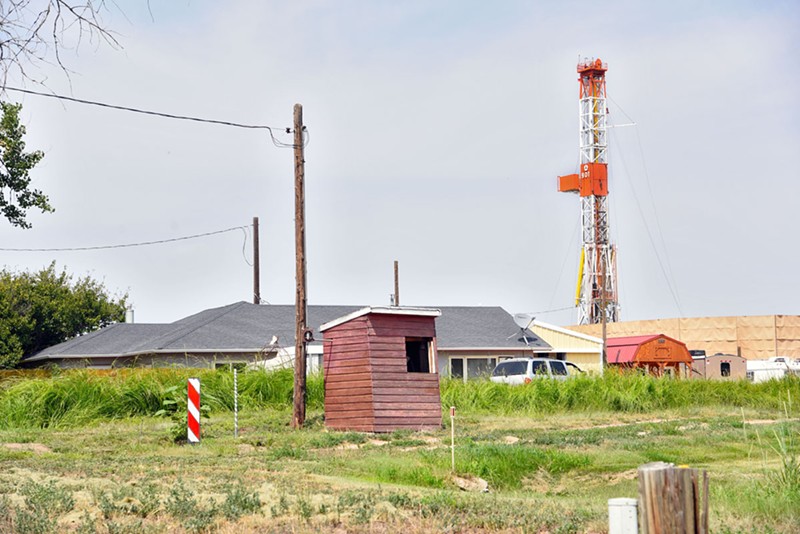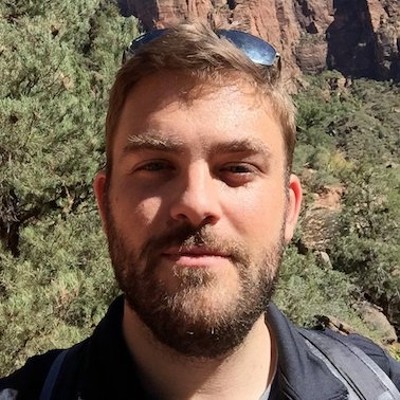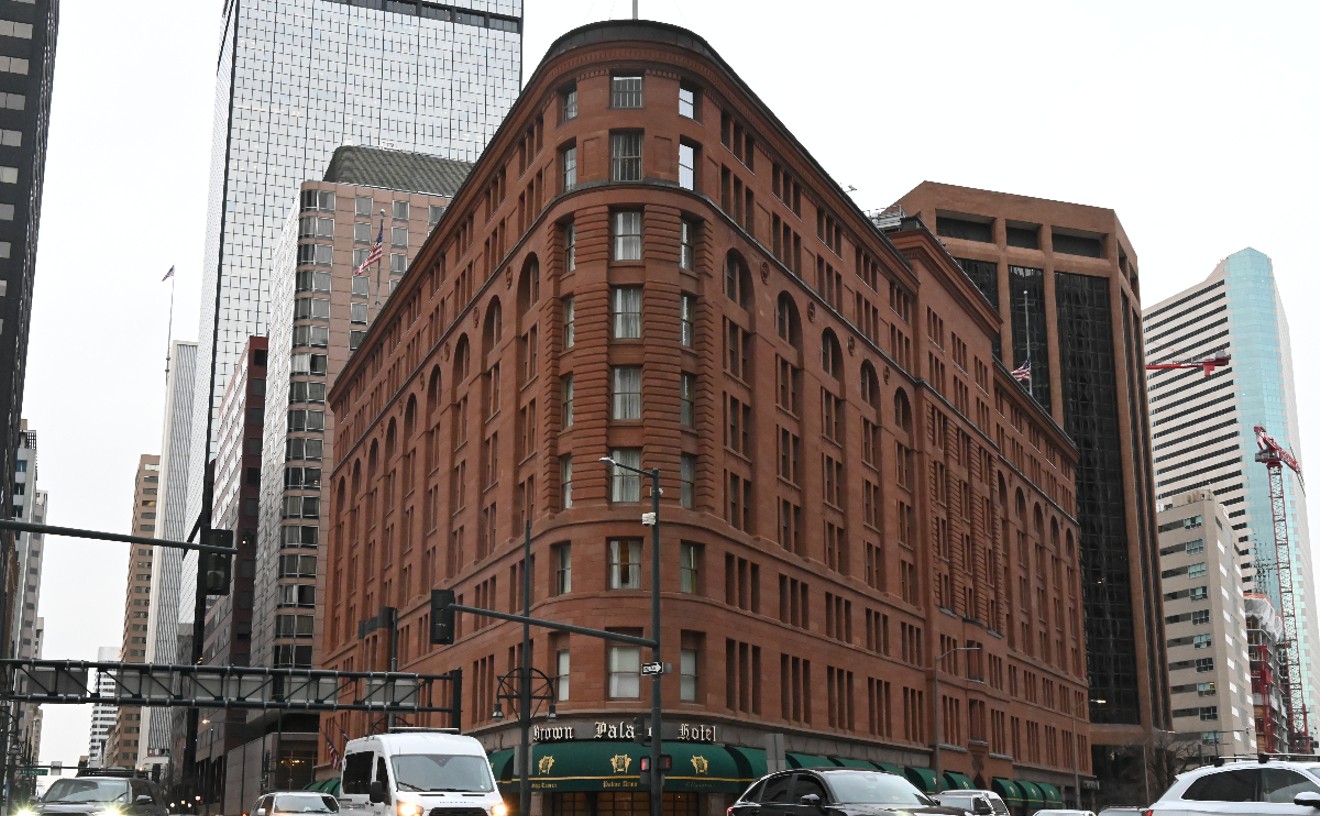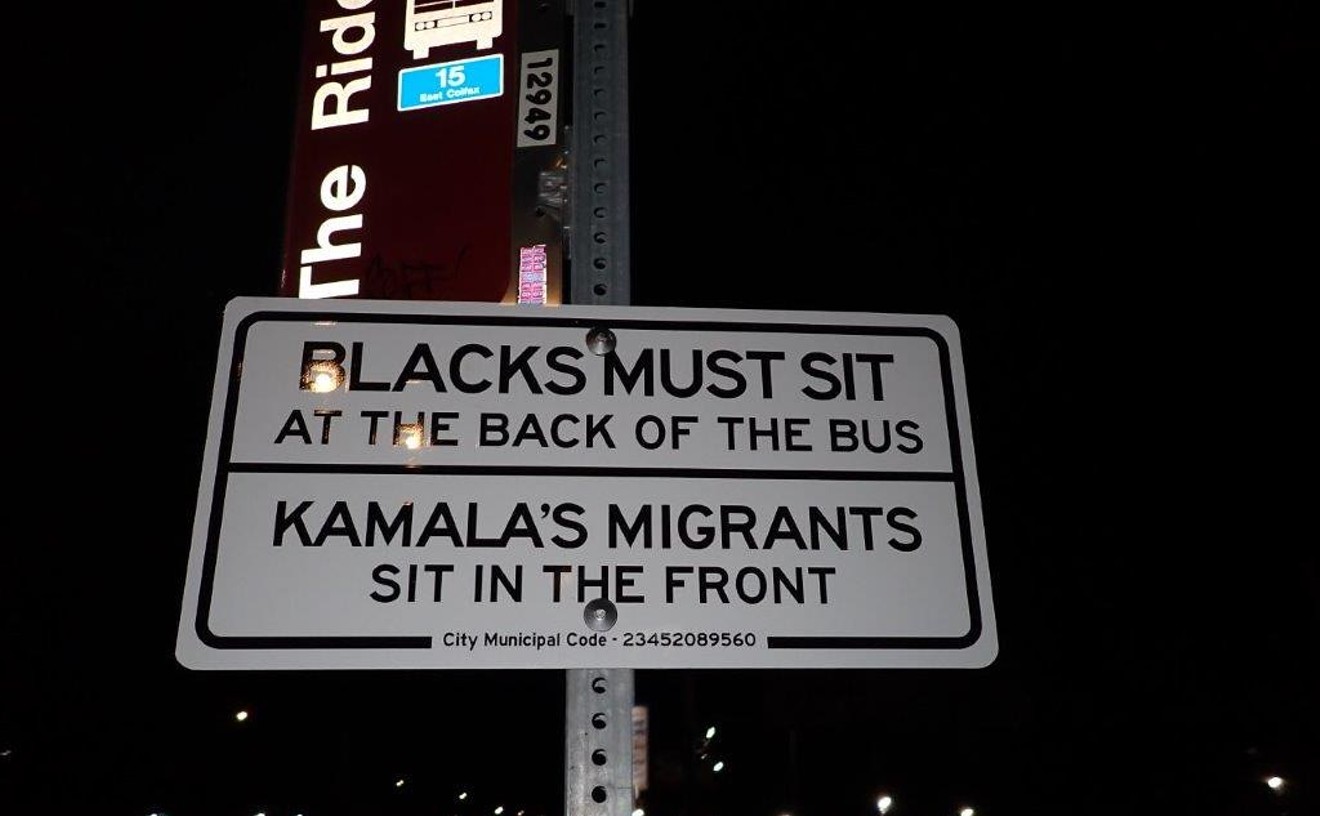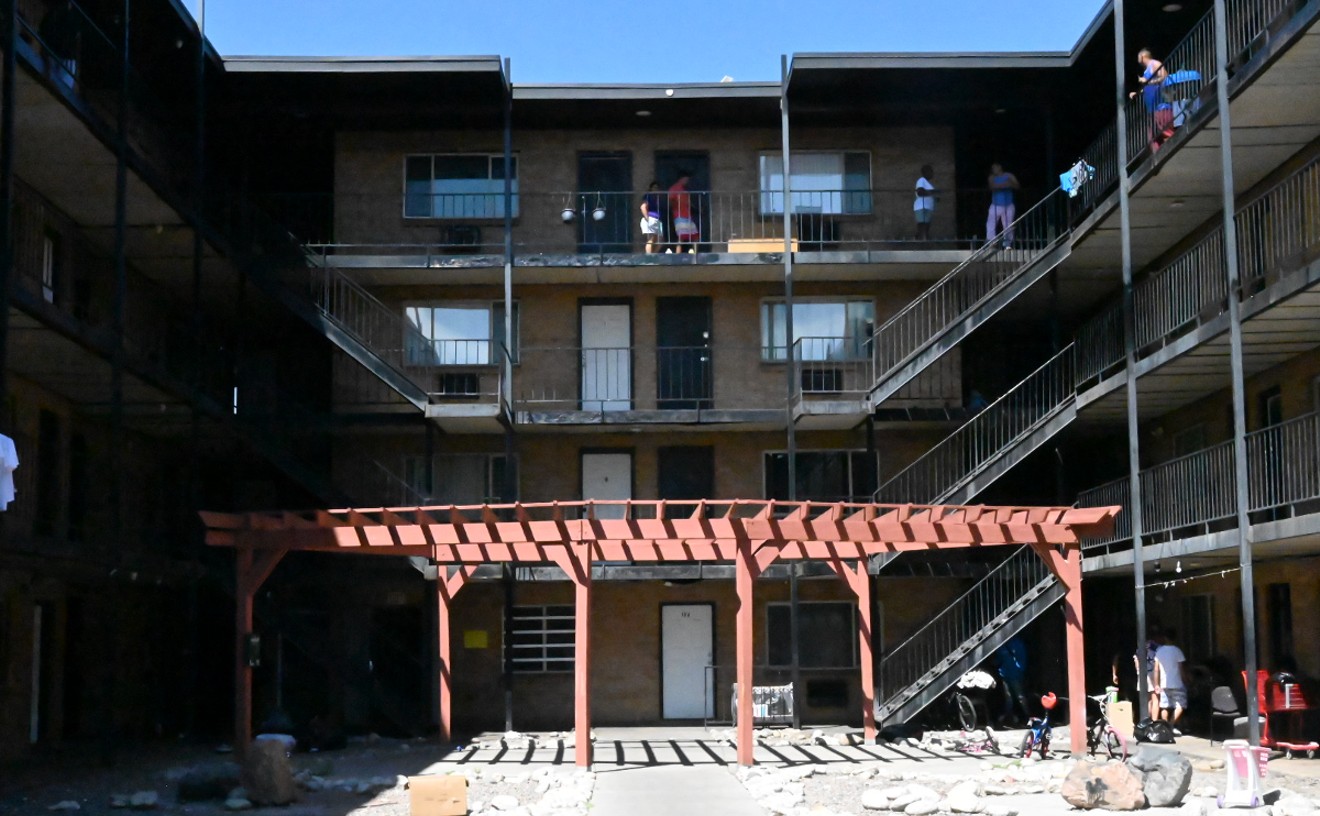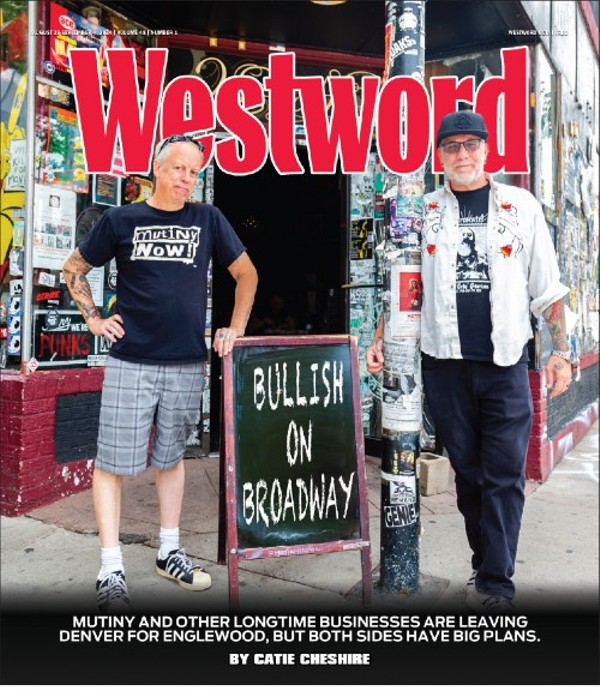Colorado oil and gas companies are routinely violating federal law by drilling at sites along the Front Range without obtaining the required permits, an activist group says.
WildEarth Guardians, an environmental advocacy organization, announced on Tuesday, February 19, that it plans to file federal lawsuits against oil and gas operators that have failed to obtain air-quality permits required by the Clean Air Act. In letters sent to seven major Colorado fossil-fuel producers, the group identified violations at more than a dozen fracking sites in Weld and Larimer counties.
“These companies have nothing but contempt for our clean air,” Jeremy Nichols, the group’s climate and energy program director, said in a statement. “Fracking without air-pollution permits is a brazen violation of federal law and an affront to the health of communities along Colorado’s Front Range.”
If federal law were fully enforced, the violations alleged by WildEarth Guardians could add up to $1.3 billion in penalties, the group says. But the fifteen cases it identified on Tuesday may only be the tip of the iceberg.
Under the Clean Air Act, passed by Congress in 1963, the federal government sets standards for air quality that must be met nationwide. Regions that don’t meet those standards are designated as “non-attainment areas” and required to implement certain pollution controls to bring their air quality up to federal standards as soon as possible.
As in other major cities, Denver’s elevated ozone levels have long drawn scrutiny from federal regulators, and in 2004 the Environmental Protection Agency officially designated a nine-county zone in northeast Colorado as the Denver Metro/North Front Range Non-Attainment Area. As a result, state regulators have had to work with the EPA to develop regulations aimed at achieving better air quality, including a requirement that new sources of pollution undergo an extensive permitting process.
These so-called New Source Review permits are required for the construction of any new industrial facility “that emits or has the potential to emit one hundred tons per year or more” of a specific pollutant in a non-attainment area — and many fracking sites across the northern Front Range are well beyond that threshold, WildEarth Guardians says.
A spokesman for the Colorado Department of Public Health and Environment, which is tasked with implementing and enforcing Clean Air Act regulations, did not respond to a request for comment.
Oil and gas facilities are major emitters of volatile organic compounds like benzene and xylene, which are ozone-forming pollutants. A study published in 2017 by researchers at the University of Colorado Boulder found that fracking sites along the Front Range are a major contributor to the region’s unhealthy ozone levels. Emissions from industry facilities, the study concluded, can account for as many as 30 parts per billion of ozone on a given day, helping push Front Range pollution levels well beyond the EPA’s 70-parts-per-billion limit.
In the notices sent to oil and gas operators on Tuesday, WildEarth Guardians demanded that the companies cease operations at the sites in question until they meet Clean Air Act requirements — or face possible legal action. They also plan to voice their concerns at the Colorado Air Quality Control Commission’s meeting on Thursday.
“We want to get the word out,” says Nichols. “This is completely unacceptable, and it needs to change.”

Audio By Carbonatix
[
{
"name": "Air - MediumRectangle - Inline Content - Mobile Display Size",
"component": "12017618",
"insertPoint": "2",
"requiredCountToDisplay": "2",
"watchElement": ".fdn-content-body",
"astAdList": [
{
"adType": "rectangle",
"displayTargets": "mobile"
}
]
},{
"name": "Editor Picks",
"component": "17242653",
"insertPoint": "4",
"requiredCountToDisplay": "1",
"watchElement": ".fdn-content-body",
"astAdList": [
{
"adType": "rectangle",
"displayTargets": "desktop|tablet"
},{
"adType": "rectangle",
"displayTargets": "desktop|tablet|mobile"
}
]
},{
"name": "Inline Links",
"component": "18838239",
"insertPoint": "8th",
"startingPoint": 8,
"requiredCountToDisplay": "7",
"maxInsertions": 25
},{
"name": "Air - MediumRectangle - Combo - Inline Content",
"component": "17261320",
"insertPoint": "8th",
"startingPoint": 8,
"requiredCountToDisplay": "7",
"maxInsertions": 25,
"watchElement": ".fdn-content-body",
"astAdList": [
{
"adType": "rectangle",
"displayTargets": "desktop|tablet"
},{
"adType": "rectangle",
"displayTargets": "desktop|tablet|mobile"
}
]
},{
"name": "Inline Links",
"component": "18838239",
"insertPoint": "8th",
"startingPoint": 12,
"requiredCountToDisplay": "11",
"maxInsertions": 25
},{
"name": "Air - Leaderboard Tower - Combo - Inline Content",
"component": "17261321",
"insertPoint": "8th",
"startingPoint": 12,
"requiredCountToDisplay": "11",
"maxInsertions": 25,
"watchElement": ".fdn-content-body",
"astAdList": [
{
"adType": "leaderboardInlineContent",
"displayTargets": "desktop|tablet"
},{
"adType": "tower",
"displayTargets": "mobile"
}
]
}
]

